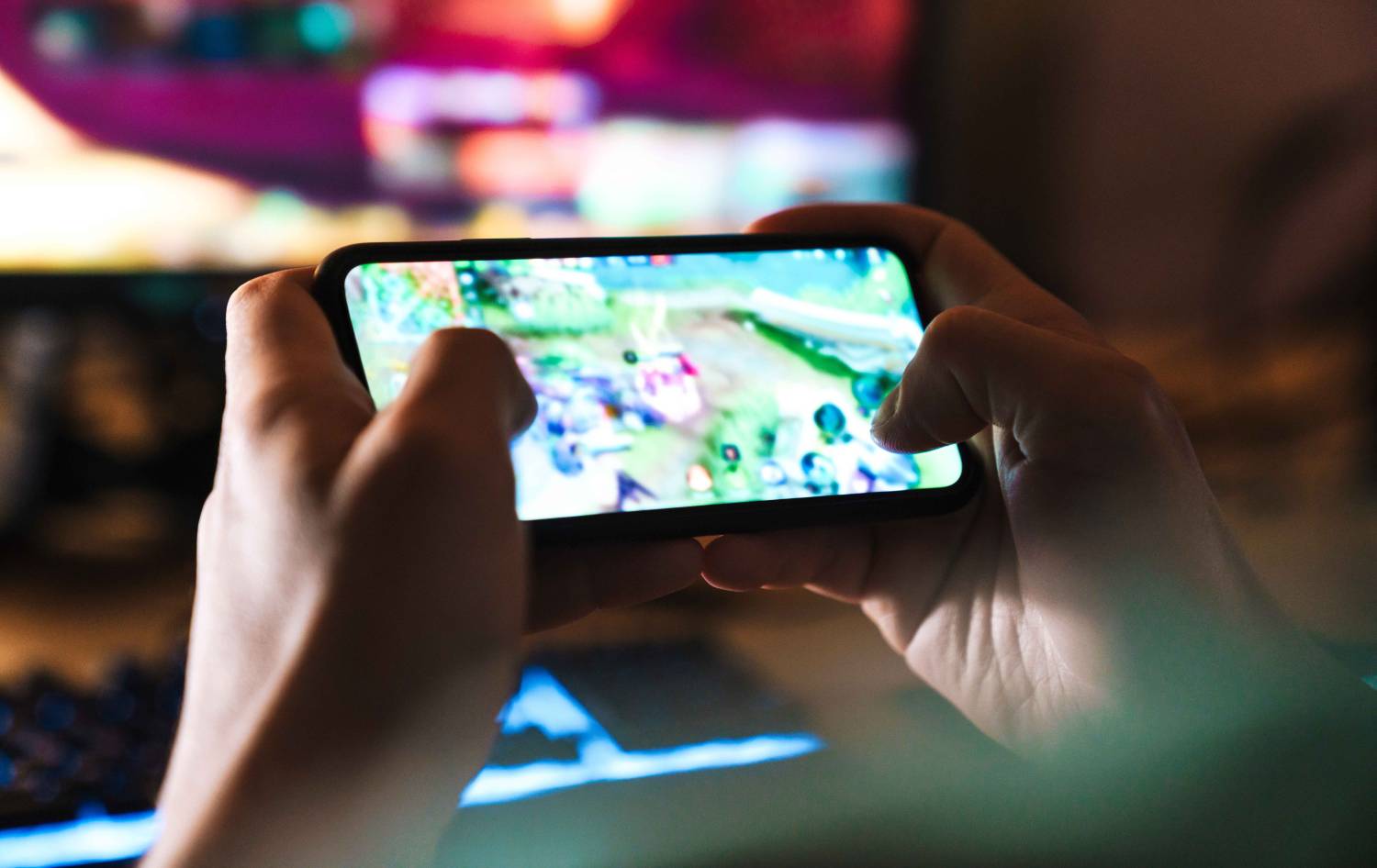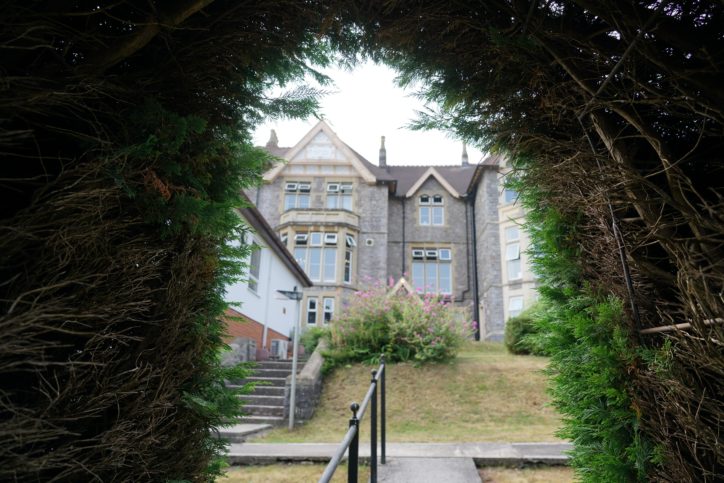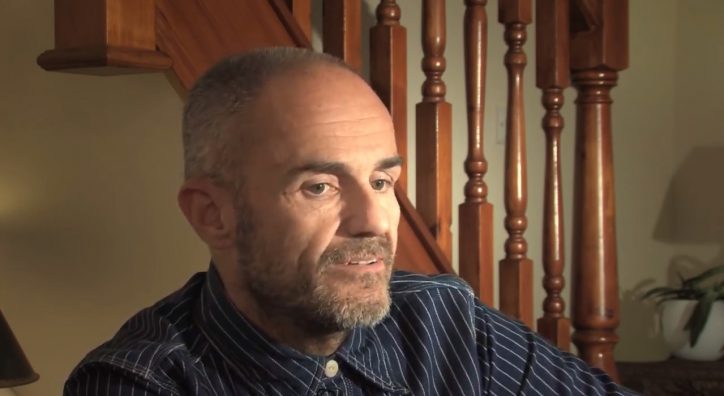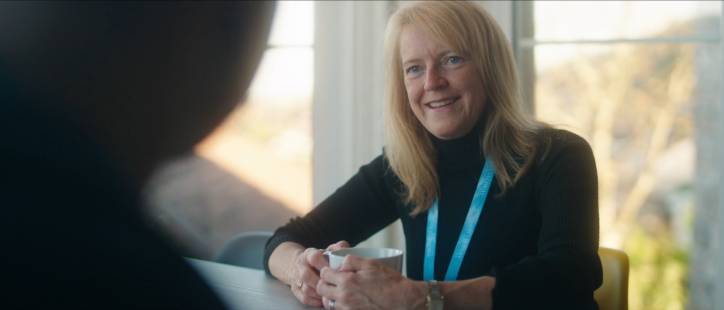
Gaming Addiction Rehabilitation Treatment Centre in the UK
Gaming addiction, sometimes known as Internet Gaming Disorder, has increasingly become a topic of concern as digital games grow more immersive and accessible. Characterised by a compelling urge to engage in gaming activities at the expense of other life interests and daily activities, it can have detrimental consequences on an individual’s mental and physical health, social relationships, and overall well-being.
At Broadway Lodge we treat gaming addiction in a similar way to other addictions with abstinence as the main goal. Deaths attributed to gaming addiction have tripled in recent years and its severity should not be underestimated. Detoxing from gaming can be just as difficult as any other “drug” and is recognised as an initial addictive behaviour which could lead to use of the other “drugs” detailed within this page.
We know that the word “rehabilitation” might seem scary to a relatively new addiction, but it’s nothing to be ashamed of whatsoever. Addiction can take various forms and gaming is just another medium. By visiting this website you’ve already made a great step forward. We’re here to support you whatever your story.
We’re here to listen. Contact us online or call us on 01934 812319
Contact us onlineGaming addiction recovery support
Signs & symptoms
What does a gaming addiction look like?
Gaming addiction can manifest through a variety of symptoms. While enjoying video games isn’t harmful in itself, it can become problematic when it starts to interfere with a person’s daily life, health, and relationships. Below is a comprehensive list of potential symptoms indicating a gaming addiction:
- Excessive time spent playing games: Gamers find themselves playing for increasing amounts of time, often at the expense of sleep, work, school, or other hobbies.
- Neglect of personal responsibilities: Regular neglecting of responsibilities at home, work, or school to spend time gaming.
- Difficulty cutting down or controlling gameplay: Persistent failed attempts to control or reduce gaming time.
- Loss of interest in previous hobbies: Lack of interest in activities that were enjoyable before the gaming addiction took hold.
- Continued gaming despite negative consequences: Continued excessive gaming despite experiencing significant personal or professional problems due to gaming.
- Deception about time spent on gaming: Lying to friends, family, therapists, or others to hide the true amount of time spent on gaming.
- Use of gaming to escape or relieve a negative mood: Using video games as a way to escape from reality or relieve feelings of helplessness, guilt, anxiety, or depression.
- Relationship issues due to gaming: Experiencing conflicts or issues with family, friends, or a partner over the amount of time spent gaming or the nature of the games being played.
- Physical health problems: Experiencing physical health issues such as carpal tunnel syndrome, sleep disturbances, back or neck pain, dry eyes, or headaches from prolonged gaming sessions.
- Mental health problems: The emergence or exacerbation of mental health issues such as depression, anxiety, or social phobia.
- Withdrawal symptoms: Feeling restless, irritable, moody, angry, anxious or sad when attempting to cut down or stop gaming.
- Poor personal hygiene: Deterioration in maintaining personal hygiene and grooming standards due to gaming habits.
- Poor academic or job performance: Decreased performance at school or work as a result of the prioritisation of gaming.
- Financial problems: Experiencing financial stress due to spending money on gaming-related expenses over other priorities.
- Tolerance: Needing to spend more time playing video games in order to achieve satisfaction or to feel the same ‘high’ from gaming.
- Neglecting social relationships: Withdrawing from friends and family in favour of gaming; decreased social interactions and activities outside of gaming.
Recognising these symptoms can be the first step in addressing a potential gaming addiction. It is important to consider seeking professional help if gaming is causing distress or hindering performance in daily responsibilities. Talk to us confidentially today to see how we can help.
What's it like at Broadway Lodge?
See more stories“I’m recovering from the disease of addiction but I’m also recovering from being this little child who didn’t know how to live. I was using for so long that I never grew up and I feel like I’m becoming an adult, living life on life’s terms like everyone else seems to be able to do.”
How do we help?
Our approach to treating gaming addiction
Gaming is just as addictive as any other “drug” – and, achieving recovery is can be just as difficult as most other “drugs”. However, with our specialised help and therapy we can help to ensure you recover.
The 12 Step philosophy underpins the treatment programme at Broadway Lodge, but that’s just one element. Our comprehensive integrated schedule means that clients will be involved in so much more than solely working through the 12 Steps. For instance, there’s regular one to one counselling, daily group therapy sessions, complementary therapies and psycho-educational lectures and workshops, not to mention the 24/7 medical and peer support.
Our counsellors work with clients both individually and in a group setting to explore their addictive behaviours and underlying issues, and enable clients to develop tools and healthy coping mechanisms in a safe and supportive environment.
As well as treatment primarily for addiction, we can support individuals who have dual diagnosis where another condition co-exists alongside addiction, such as an eating disorder, anxiety, depression and borderline personality disorder (BPD).
While gaming offers escapism and the joy of virtual achievements, it is crucial for individuals to recognise when leisure turns into compulsion, leading to neglect of work, education, and personal connections. The conversation around gaming addiction is complex, requiring understanding, empathy, and nuanced solutions that empower gamers to forge a healthier relationship with their digital pastimes.
Broadway Lodge
The first centre to treat gaming addiction
Broadway Lodge was the first rehabilitation centre in Britain to treat gaming addiction, so we understand what you or a friend might be going through. Like any other addiction, it’s not simply a case of “pulling yourself together” and such approaches can sometimes make matters worse. We know it can be difficult to simply stop without relapsing only shortly later, that’s why we apply the proven 12-Step approach to gaming addiction. We’re here to support you and guide you through each stage of rehabilitation.


Contact us
Get help
If you have a questions or would like to find out more about our private treatment packages, prices and what a stay at Broadway Lodge is like, you can contact us in confidence by calling us on 01934 812319, emailing hello@broadwaylodge.org.uk or sending us a message and we will respond as soon as we can.
Contact us online
Discover what addiction meant to Barcley and how he overcame his fears with the help from the people at Broadway Lodge.
See more stories







